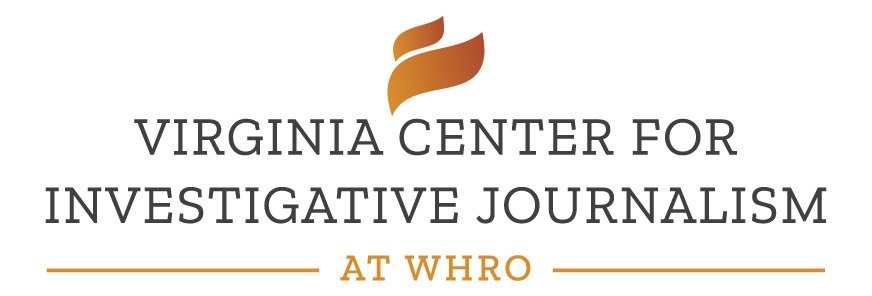Our story starts in Paris, in the late summer of 1787. From his office in the Hôtel de Langeac, Thomas Jefferson gazed out on the Champs-Élysées, concerned about the direction of America’s new government, thousands of miles away.
He thought new laws drafted during the Constitutional Convention were missing a key ingredient that would be essential to the idea of a representative democracy, one that could be trusted by the people.
The year before, in fact, Jefferson stressed that “our liberty depends on the freedom of the press.”
After the signing of the Constitution but before ratification, Jefferson convinced his protogé, James Madison, who lived down the road from Jefferson’s farm at Monticello, that the Constitution needed amending. Madison inked his pen and began work on the Bill of Rights.
To Jefferson, the role of the press to inform and engage citizens was paramount and in 1789, he wrote to a fellow lawmaker: “Were it left to me to decide whether we should have a government without newspapers or newspapers without a government, I should not hesitate a moment to prefer the latter.”
Madison also would come to believe that the newly formed republic was at risk if elected officials couldn’t be scrutinized by a free press.
On Dec. 15, 1791, Virginia became the 10th state to ratify the Bill of Rights, and with it, freedom of the press.
The Constitution and the Bill of Rights have provided the foundation for the world’s oldest democracy, but not without tests.
Just seven years after the Bill of Rights became law, the Sedition Act was passed by a Federalist-controlled Congress, seriously challenging the First Amendment.
Madison would go on to passionately argue about the fundamental role the press plays in democracy.
In the elections of 1800, voters overwhelmingly sided with Madison, and the Federalists were swept from power.
Unfortunately today, America is facing its greatest threat to journalism, both financially and in the court of public opinion, since the Sedition Act.
The birthplace of the First Amendment is no exception. A once-vibrant collection of Virginia newspapers -- that once uncovered government contracting failures in Arlington, environmental crimes in Southside, corruption in the capital and social injustices in Tidewater -- has been weakened beyond recognition.
More than 40 Virginia newspapers have ceased publishing in the last 15 years. Seven localities have no journalists dedicated to local news. Media companies in the most populous areas have suffered dramatic cuts, and some have even given up having a physical newsroom.
Journalism meant to shine a light on injustices and hold the powerful accountable is being snuffed out, and much of the commonwealth can now be considered a news desert.
As Virginians, we are as concerned as Jefferson and as motivated as Madison, which is why we founded the Virginia Center for Investigative Reporting.
VCIJ seeks a remedy -- establishing and sustaining an independent, non- profit, investigative reporting news service to probe issues vital to all Virginians, to train the next generation of journalists and to provide a place for civic engagement.
If we are to maintain our democracy, we need to think differently about how we do journalism.
After more than two years of development and research, VCIJ was launched in 2019 with an approach based on tried and tested nonprofit news organizations.
Incorporated into the DNA of our reporting is also an emphasis on multimedia journalism, so that we can reach residents where they are and build collaborations with a host of stakeholders. Those include education institutions, civic engagement organizations and other media companies, like public broadcasting.
Our Founding Fathers knew the importance of the press. They knew their new nation wouldn’t survive without the Fourth Estate. Our history informs our future.
If we don’t come together to act now and invest in this new journalism model, we risk the evaporation of our civil liberties and even the destruction of our democracy.
“In recent years, the local and state-level reporting that is so vital in holding government and politicians accountable has been hollowed out all over the country. The Virginia Center for Investigative Journalism represents a welcome effort to provide the important, in-depth reporting that citizens need to evaluate the performance of those who represent them in government.” said Larry Sabato, Director of the Center for Politics at the University of Virginia.
By investing in the mission of the Virginia Center for Investigative Journalism at WHRO, you will help us to inform and engage our fellow citizens and safeguard our state.
Jefferson and Madison are counting on us.




